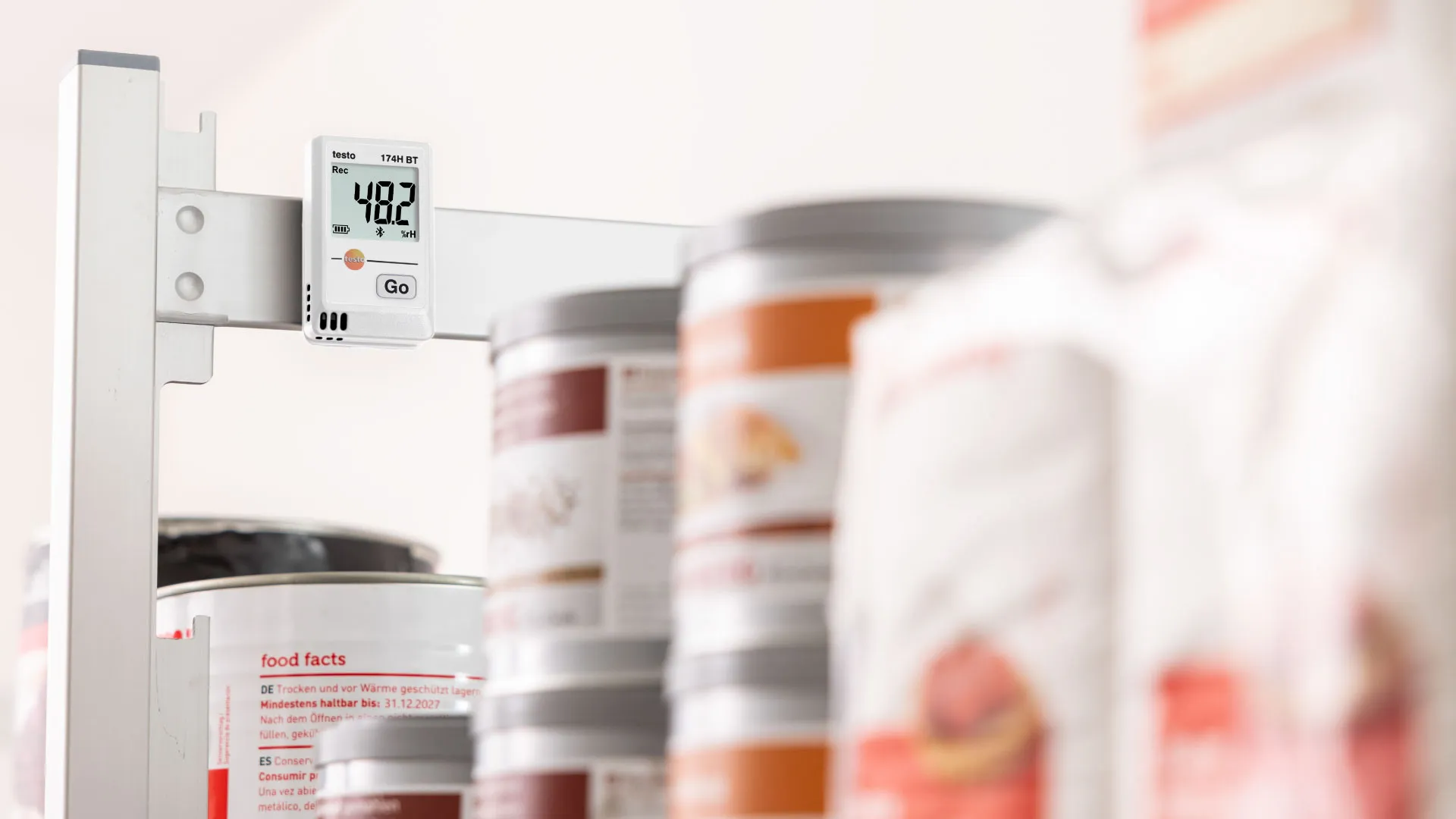583

The European Parliament and the Council of the European Union have reached an agreement on simplifying the Common Agricultural Policy (CAP)—a major step toward reducing administrative burdens and increasing the efficiency of payments to farmers. The negotiations, involving representatives of the European Parliament, Agriculture Commissioner Christophe Hansen and the Danish Presidency of the Council, concluded with a set of measures that will deliver direct benefits to Romanian farmers.
One of the key changes is the introduction of a single annual on-site inspection per agricultural holding, a measure designed to streamline verification procedures and ease the administrative pressure on farmers. In addition, support for small farms will increase from €50,000 to €75,000, strengthening their competitiveness and encouraging investments in modern and sustainable technologies.
Another significant development is the possibility of funding the purchase of high-value genetic animals—cattle, sheep and goats—through CAP Pillar II. Farmers will also be able to access new crisis payments, intended to provide rapid compensation in cases of natural disasters, extreme weather events, animal diseases or other incidents affecting agricultural production.
The agreement also introduces a more flexible approach to GAEC standards, granting automatic recognition for farms that are certified organic or in conversion. These holdings will be considered compliant with most environmental and climate requirements, similar to farms located within Natura 2000 sites. Moreover, farms under 30 hectares will be exempt from crop rotation and diversification obligations.
Member States will be allowed to maintain the status of arable land used as permanent grassland, avoiding burdensome reclassification procedures. According to European Commission estimates, the simplification measures could generate annual savings of approximately €1.58 billion for farmers and €210 million for national administrations.
Through these changes, the Common Agricultural Policy becomes more aligned with on-the-ground realities, addressing farmers’ demands for a more competitive, sustainable and administratively efficient agricultural sector.
(Photo: Freepik)





